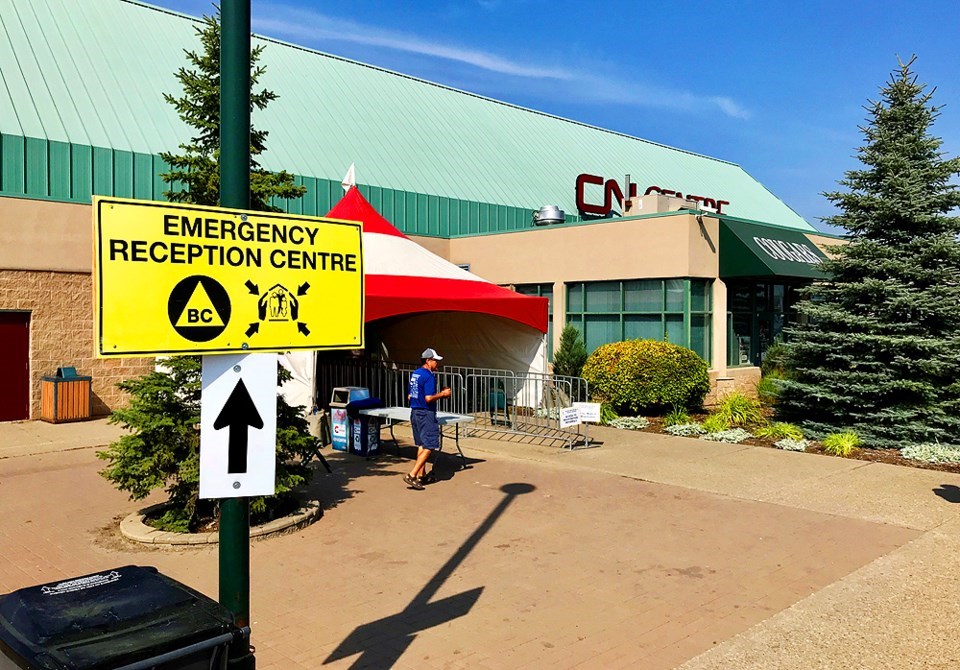Procedural fairness, rule of law, or general democratic principles need not apply; British Columbia’s Provincial Emergency and Disaster Management Act, Bill 31, has loopholes to bypass our chartered rights, criminalize non-compliance, enlist services without pay, and seize personal property without due process or guarantee of fair remittance.
Yes, it may, or may not, in its vague application of governmental overreach, do whatever, to whomever, a minster or appointee by a local or provincial authority decides without fear of prosecution under the law, so long as there has been a declaration of an “emergency.”
Sound familiar?
That’s right. In a declared emergency, citizens stand to lose all rights under the law while government bodies gain immunity to legal offenses committed during an emergency. Meanwhile, those concerned citizens, businesses, local, and regional authorities that act in contravention to this bill or its infinite directives as outlined by the province, can look forward to hefty fines (up to $100,000 per incident for individuals, $1,000,000 for corporations, and $300,000 for officers, employees, or directors of corporations who direct or facilitate contraventions), and up to a year in prison.
This all seems extremely Orwellian, especially given that Bill 31 has passed through provincial legislation without adequate, transparent consultation and cooperation of local and regional governments, or Indigenous communities. Interestingly, rather than applaud and model the community-driven success in responding to wildfires, as demonstrated by Southside residents, the province seeks to extinguish any who dare question their unbridled wisdom and/or visionary practices when it comes to emergency management.
Ironically, the provincial government is asking for public feedback now that Bill 31 has taken effect, and citizens have until January 31, 2024, to allow for their voices to fall upon deaf ears.
So, please, for the sake of your personal freedom and welfare, review Bill 31 and contact your MLA with your concerns. Likewise, email [email protected] to provide the provincial government with feedback regarding the development, implementation, and necessary review regarding this draconian affront to democracy.
Kris Shively
Burns Lake



